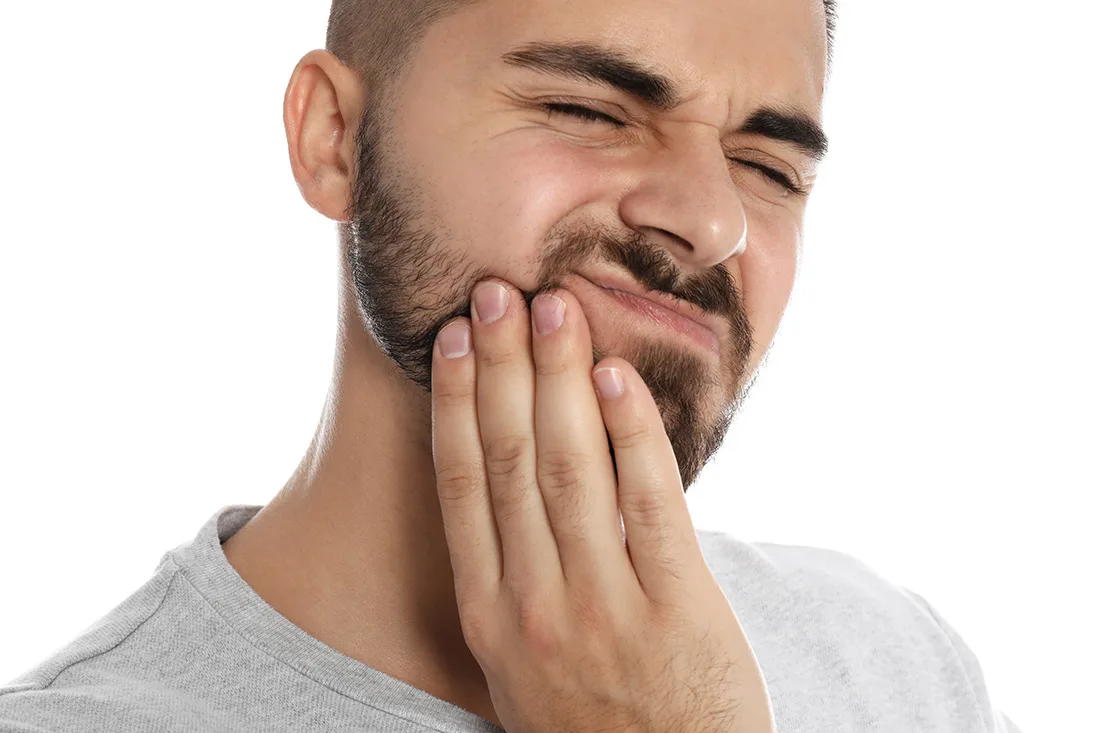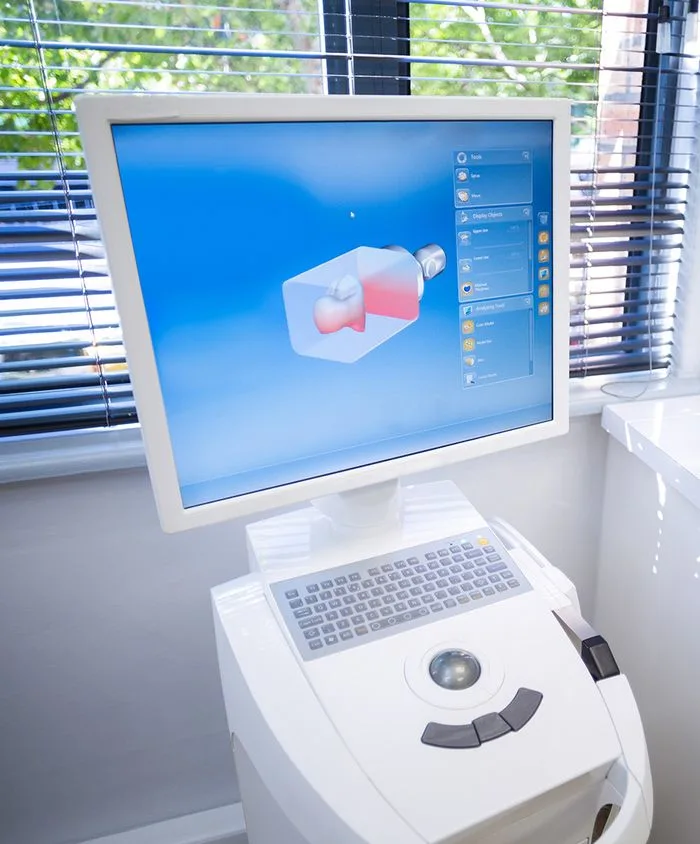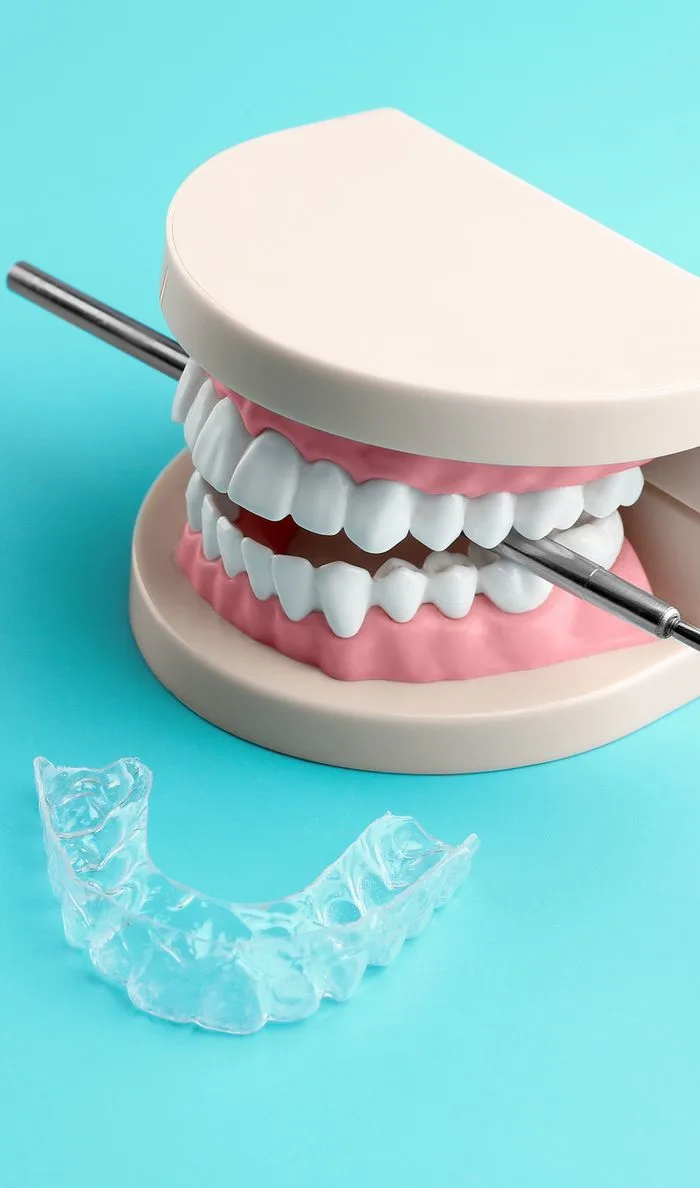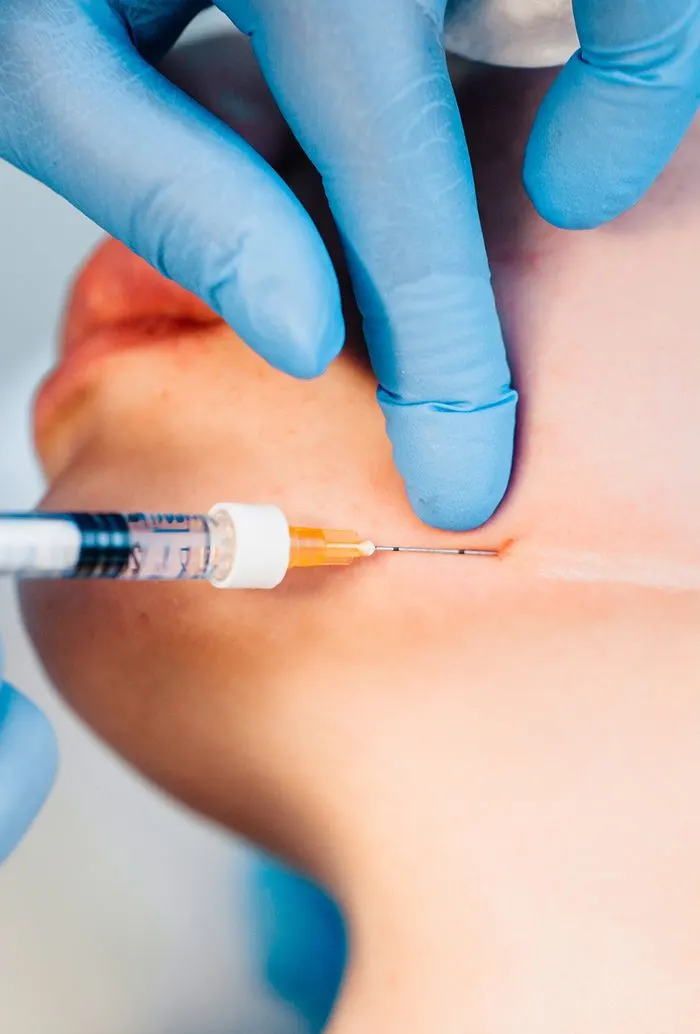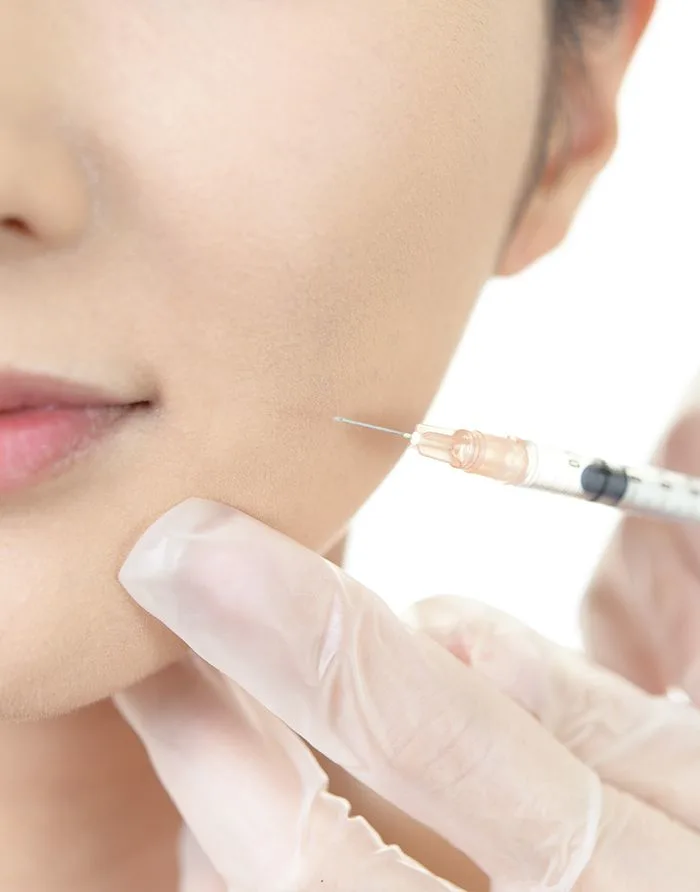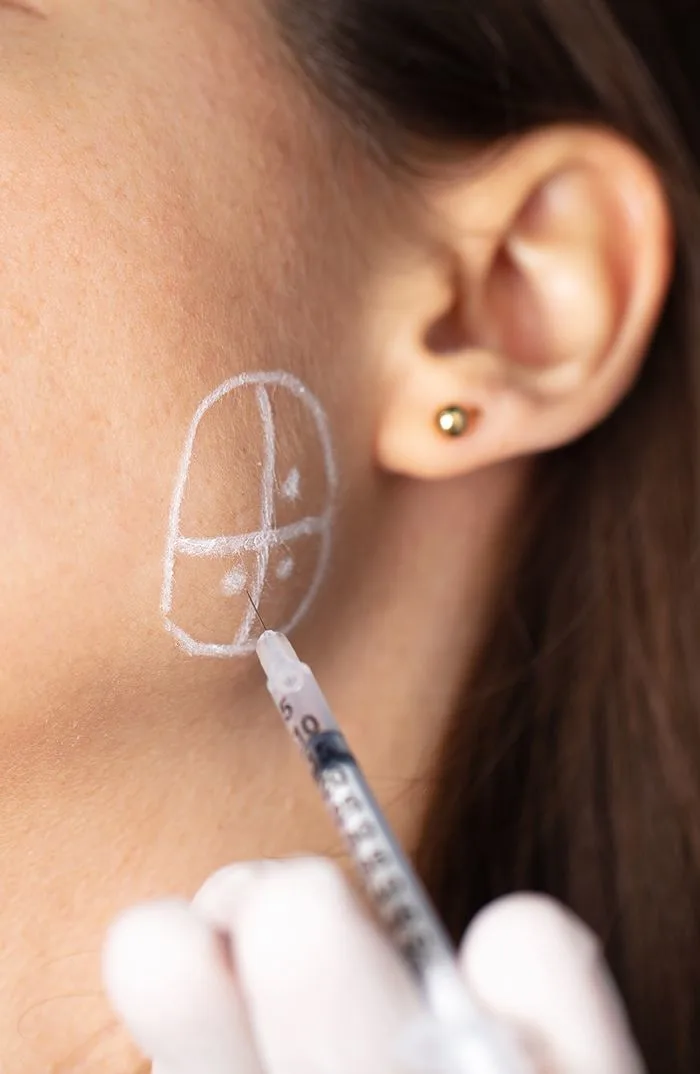TMJ/TMD Treatment
TMJ/TMD Treatment in Winchester, VA
Jaw clicking, soreness, or tension can compromise your comfort and keep you from chewing with natural ease. This pain often stems from TMJ/TMD, a jaw disorder that can be resolved with a variety of minimally invasive, tailored treatments. Find relief with solutions from your Winchester dentist.
- Book online your checkup
- Visit our practice
- Call (540) 667-3267
Why Should I Get TMJ/TMD Treatment?
Did you know…
-
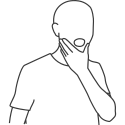 The prevalence of TMJ/TMD is between 5% and 12% in adults. That means it's the second most common type of musculoskeletal pain, behind only lower back pain.
The prevalence of TMJ/TMD is between 5% and 12% in adults. That means it's the second most common type of musculoskeletal pain, behind only lower back pain.
Ready to schedule your appointment?
Free Consultations
- Discuss your issues
- Get an expert opinion
- Learn about treatment plan options
Stress-Free Care For You
The Benefits of TMJ/TMD Treatment
Relieve Your Pain And Discomfort
TMJ/TMD causes serious, chronic jaw pain that can interfere with your ability to work, focus on school, and live your day-to-day life. With proper treatment at our office, you can get your life back to normal.
Restore Oral Range Of Motion
TMJ/TMD can make your jaw “lock” or stiffen. This makes it hard to open and close your mouth properly, which could interfere with biting, eating, and even speaking. Treating TMJ/TMD restores your oral range of motion.
Treat Other Related Problems
TMJ/TMD is related to lots of other problems including tinnitus (ringing of the ears), teeth grinding, chronic headaches, neck and upper back stiffness, and more. With proper treatment from a qualified dentist, you can get relief from a variety of symptoms that may be related to TMJ/TMD.
The TMJ/TMD Treatment Process

Initial Consultation & Diagnosis
TMJ/TMD can be caused by lots of different things, from jaw overuse (like excessive gum chewing or teeth grinding) to direct trauma to the joint, and even some auto-immune problems like arthritis in the joint. So the first step is to come to our office for an appointment. Your doctor will perform a comprehensive oral exam, discuss your symptoms, and determine what’s causing your TMJ/TMD.

Developing Your Treatment Plan
Once your dentist has determined the potential causes of your issue, they will work with you to develop a custom treatment plan. This could include things like Botox injections, oral appliance therapy (OAT) to adjust the position of your jaw during sleep, and even things like orthodontic treatment with braces or Invisalign.

Lifestyle Changes & Physical Therapy
Along with TMJ/TMD treatment from your dentist, certain lifestyle changes and at-home physical therapy can help improve your oral range of motion and the symptoms of TMJ/TMD. For example, you can choose to eat softer foods for several weeks to help your jaw heal, or you may need to do some jaw exercises to help with your recovery. Your dentist will discuss these topics with you in detail as they develop your treatment plan.
Schedule Today!
Frequently Asked Questions
What are TMD symptoms?
The symptoms of TMD vary quite a bit depending on the patient. You may experience issues like:
- Pain and stiffness
- Migraine headaches
- Clicking or popping noises when moving your jaw
- Difficulty opening your jaws all the way
- Pain when chewing or eating
If you notice any of these symptoms, we recommend scheduling an appointment with your dentist right away to get help.
What causes TMD?
TMD and TMJ pain is caused by a variety of different issues:
- Direct trauma to the temporomandibular joint
- Bite and tooth
- Bruxism or teeth grinding
- Lifestyle issues, such as excessive gum chewing
- Inflammatory and autoimmune disorders, like arthritis
Because TMD and TMJ pain can be caused by so many different health issues, it’s important to see an experienced dentist when seeking care.
Can TMD go away on its own?
How can I treat TMJ pain on my own?
Applying a hot compress to the area at 10-minute intervals can help with inflammation and control the pain and discomfort of TMD as your jaw heals.
It’s also a good idea to take steps to decrease jaw clenching, such as exercising and de-stressing to reduce the likelihood of nighttime teeth grinding. You may also want to consider ceasing gum chewing, and eating a diet of mostly soft foods to minimize the work your jaw muscles must do while they heal.
You can also use over-the-counter medicines like ibuprofen to help control pain and inflammation as your jaw heals, and you recover from TMD.
While some cases of TMD are minor and can be resolved with these simple steps and other at-home remedies, you should consider seeking help if you experience serious pain and discomfort, or if your symptoms persist for 1-2 weeks or longer.

